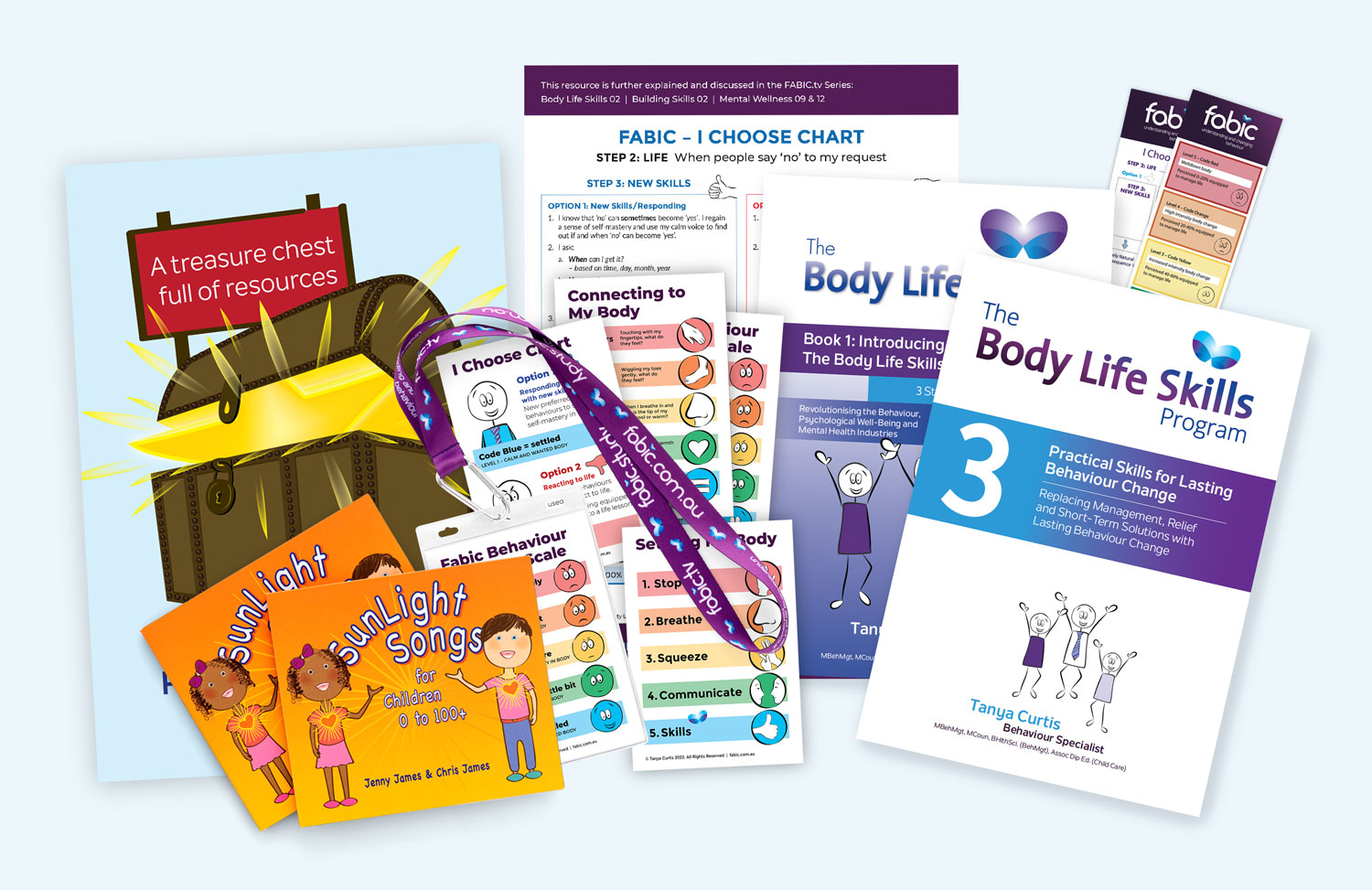In this succinct video, Tanya Curtis, Senior Behaviour Specialist and founding director of FABIC Behaviour Specialist Centre, explains that all life lessons come around time and time again. The story might be different, but the theme stays the same.
What does that mean? In our classroom of life we are the authors of our own stories and behind them there is often a theme. For example, when you were five you had a best friend who went and played with another child. Now you could say that you were hurt by that story, but the theme is the perceived rejection, a childhood trauma. Next you’re at the dinner table with your siblings and as the food is served, you notice that their servings are larger than yours.
Well, that must mean they are the favourites in this family and you are the least favourite of them all – a completely different story, but the theme is still one of rejection. Then you start dating; you are going to marry, you’ll be together forever and then they dump you – rejection all over again! Or you apply for a job but don’t get it – rejection once more! So behind every story there is a theme; not so much one of childhood trauma in adults but a theme which is the life lesson, in this case the perception of having been rejected.
It is important to not just look at the story but at the theme, which is the life lesson. For more on the Body Life Skills Program and developing the skills to deal with a theme until you have completely self-mastered that part of life, these four and a bit minutes are well worth listening to. Why? Only when we have developed the skills to deal with the theme rather than react to the story are we on the way to lasting behaviour change.
This video may be useful for those searching for the following:
- Identifying emotions
- Difficulty identifying emotions
- Childhood trauma
- Childhood trauma in adults
What to watch next:
And for a deeper dive into all things LASTING behaviour change with FABIC:
- You can find an article on repeating life lessons and a couple of downloadable quotes, so-called Fabisms Understanding Self and Others and Learning to Be In Crowds on the main FABIC site.
-
There is an episode in the Body Life Skills series on FABIC.tv called ‘Practically Using the Body Life Skills Program in Everyday Life’ and from the same series ‘Step 2 – LIFE – Identifying Life Triggers’
- And from the FABIC Poster Collection, this episode called ‘Identifying Life Lessons’











